Introduction
Polyvinyl chloride, commonly known as PVC, has emerged as a versatile and widely used material in the construction and plumbing industries. PVC pipes are popular due to their durability, cost-effectiveness, and resistance to corrosion. With various types of PVC pipes available in the market, each designed for specific applications, it’s crucial to understand their differences and applications.
PVC Pipes with Schedule 40
Schedule 40 PVC pipes are the most widely used kind and are valued for their toughness and adjustability.
Applications: These pipes may be used for commercial as well as residential uses. They are frequently used for irrigation, drainage, and water supply lines.
PVC Pipes with Schedule 80
Characteristics: Suitable for hot water applications, chlorinated polyvinyl chloride (CPVC) pipes are capable of withstanding temperatures higher than those of regular PVC.
Applications: Frequently used in home plumbing, industrial procedures involving high temperatures and hot water supply lines.
CPVC Pipes
Characteristics: Suitable for hot water applications, chlorinated polyvinyl chloride (CPVC) pipes are capable of withstanding temperatures higher than those of regular PVC.
Applications: Frequently used in home plumbing, industrial procedures involving high temperatures and hot water supply lines.
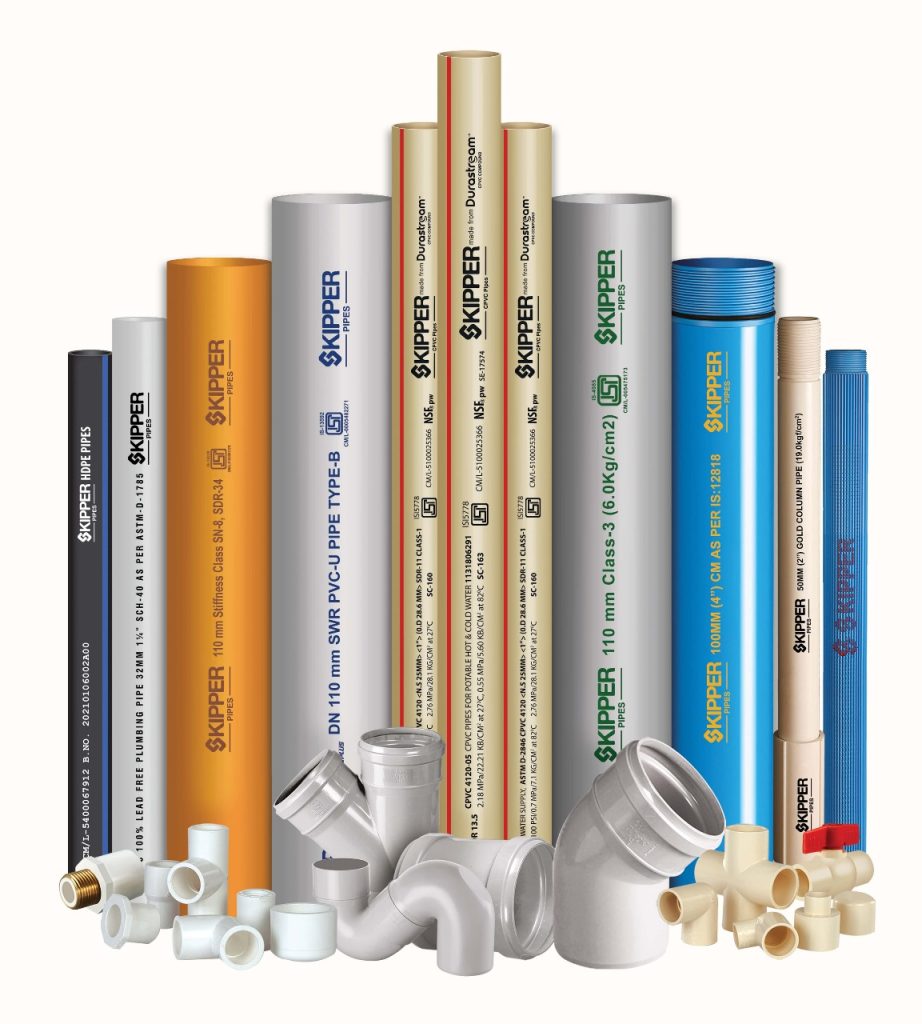
PVC-U Pipes
Features: These unplasticized PVC (PVC-U) pipes offer endurance under a range of circumstances by being stiff and resistant to corrosion from chemicals.
Uses: Freshwater supply, irrigation, chemical transportation, beneath the ground installations, and other situations where resistance to corrosion is essential.
PVC-O Pipes
Features: Oriented PVC (PVC-O) pipes have thinner walls and greater resilience as they are produced using a molecular orientation process.
Uses: High-pressure resistance as well as efficacy are needed in industrial applications, irrigation systems, and systems for distributing water.
PVC Sewer Pipes
Features: The smooth interior construction of these pipes can help with sewage flow and avoid jams.
Applications: Frequently used in drainage and wastewater systems for residential as well as commercial properties.
PVC Electrical Conduit Pipes
Features: These pipes are designed specifically to protect electrical wiring and offer insulation and mechanical safeguards.
Applications: Used in both indoor and outdoor electrical systems to shield wiring from the weather and damage.
PVC Duct Pipes
Features: A smooth interior and resistance to corrosion from chemicals provide efficient airflow.
Applications: Commonly used for ventilation systems, air conditioning ducts, and fume exhaust in industrial settings.
Conclusion
The variety of PVC pipes available in the market caters to a wide range of applications, showcasing the adaptability and reliability of this material. Understanding the characteristics and applications of each type of PVC pipe is crucial for selecting the right product to ensure efficiency, longevity, and cost-effectiveness in diverse construction and plumbing projects. Whether it’s for water supply, drainage, electrical wiring, or industrial processes, PVC pipes continue to play a pivotal role in shaping modern infrastructure.

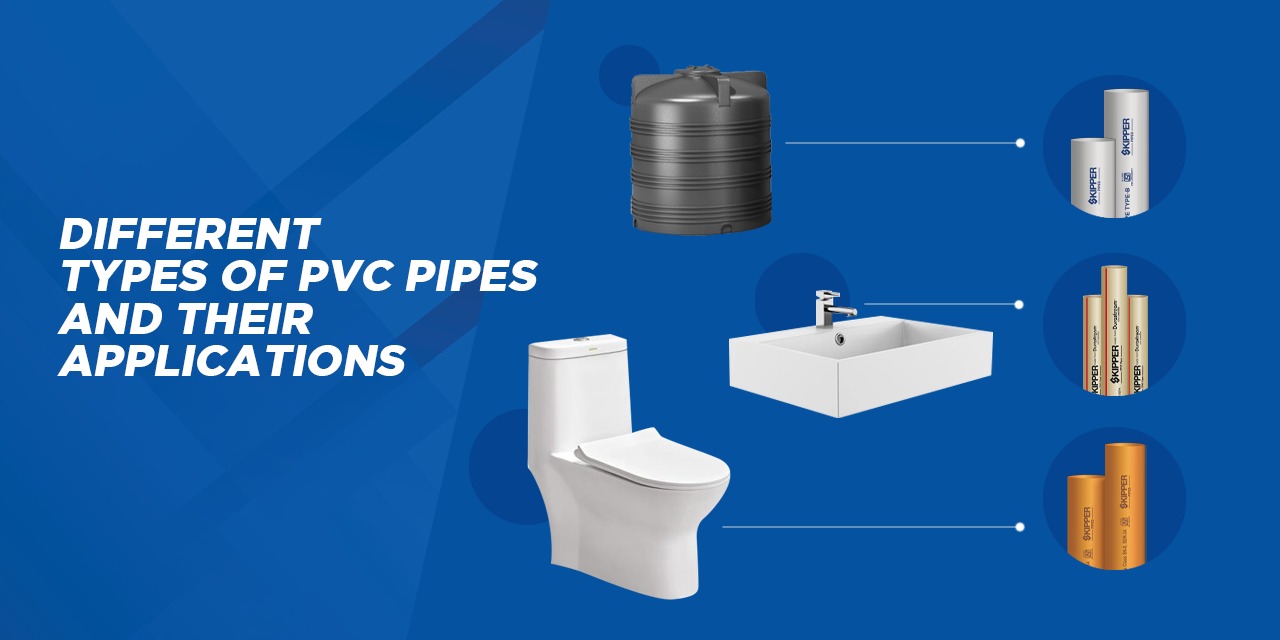
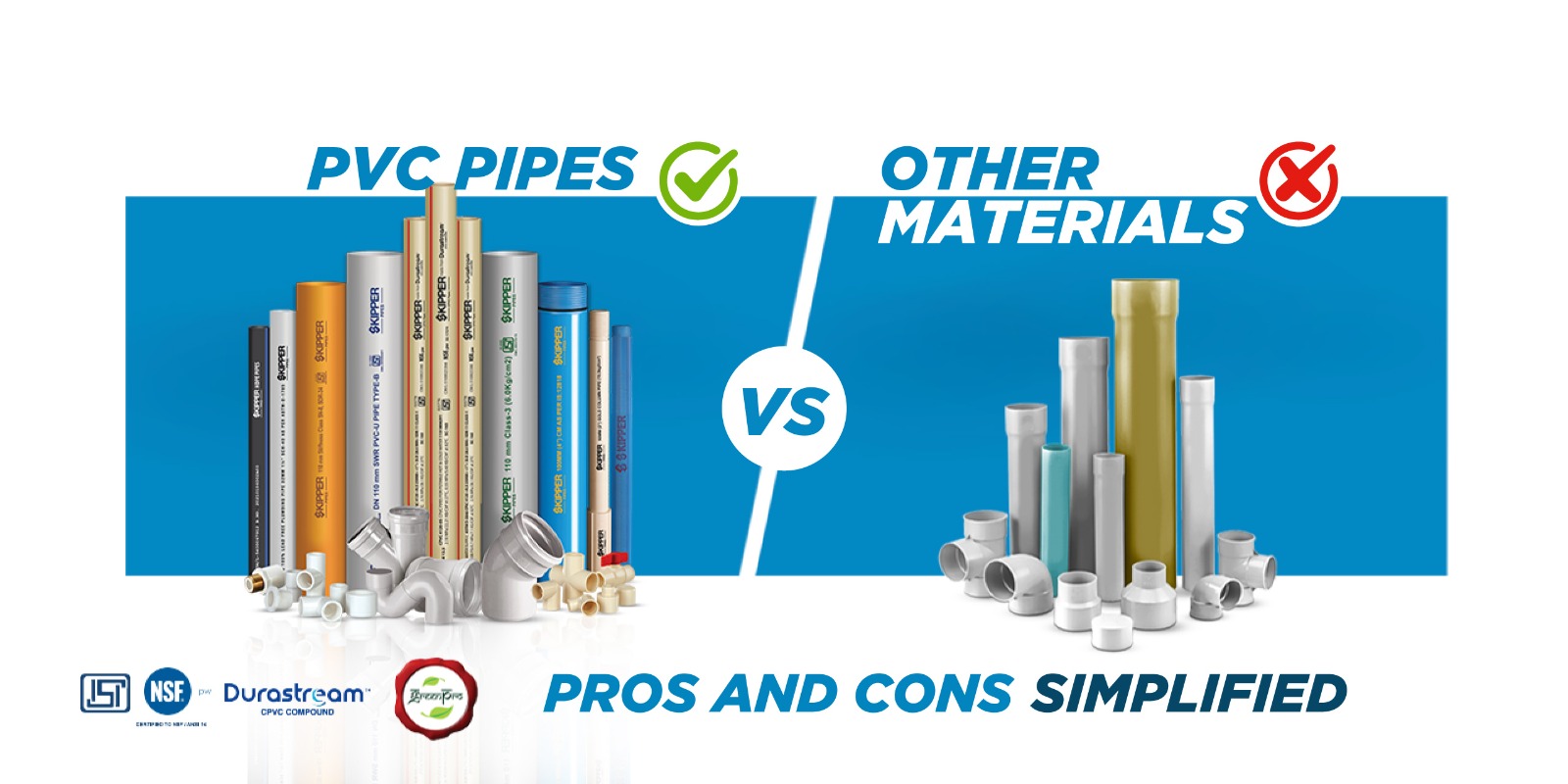
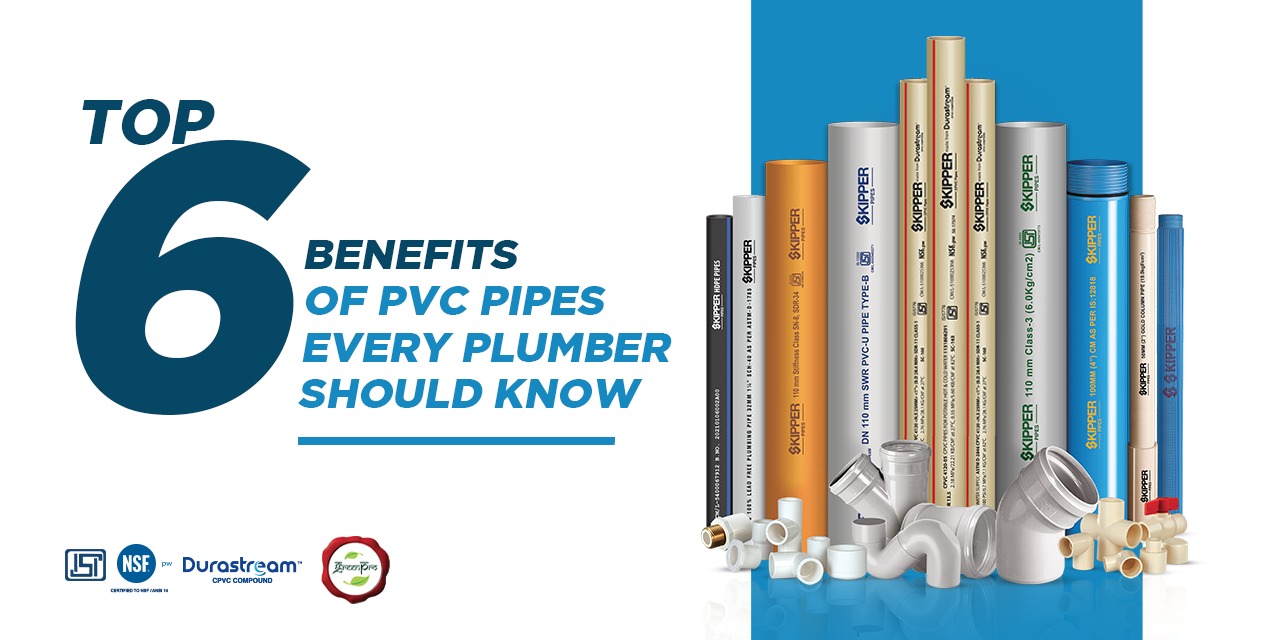
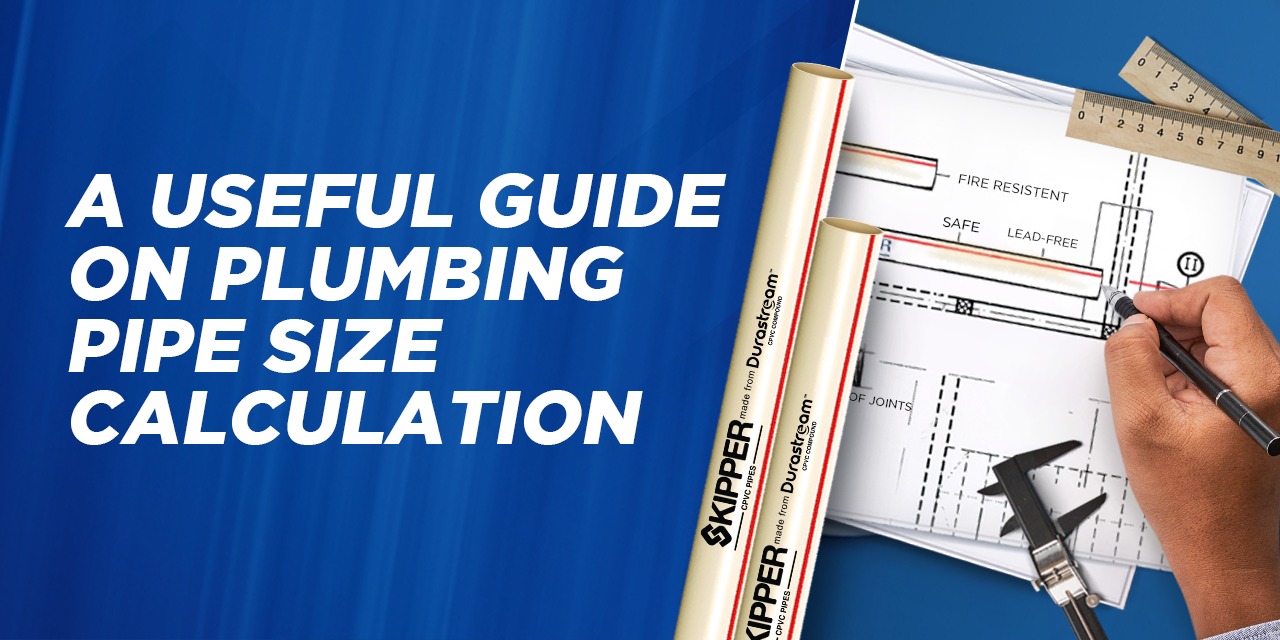
0 Comments